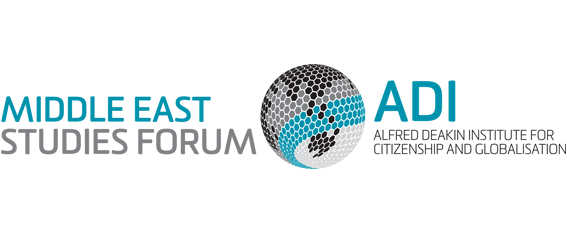
Join the Middle East Studies Forum for an insightful presentation by Marika Sosnowski on the nature of conflict and ceasefires in the case of Syria.
The founding father of the laws of armed conflict Hugo Grotius assumed a ceasefire to be a temporary state of affairs that did not alter the legal state of war. He wrote that if hostilities resume after a ceasefire is declared there is no need for a new declaration of war to be made since the legal state of war is ‘not dead but sleeping’. Current academic and applied research on ceasefires has tended to follow this logic, overwhelmingly focusing on the capacity of ceasefires to halt violence or their ability to lead to a peace agreement. However, Grotius’ metaphor perhaps does not imply that nothing happens while the conflict is supposedly sleeping. Even during sleep, much can and does occur that we are temporarily unaware of. Rather than being seen as just a temporary pause in violence or as a bridge between war and peace, ceasefires can have diverse ramification for a range of contested dynamics in civil wars such as Syria’s – these include for local level governance, economic networks, property and citizenship rights and security.
Download the event flyer here.
Details:
11:00am – 12:30pm Wednesday 16 October
Level 2, Building BC, Deakin University Burwood
Please RSVP to mesf@deakin.edu.au by 9 October for catering purposes.
Speaker bio
Marika Sosnowski is an admitted lawyer and researcher at the University of Melbourne. Her primary research interests are in the fields of critical security studies, complex political order, local/rebel governance and legal systems. Marika’s research takes a more critical and empirical approach to security questions by examining how international and local arenas interface and influence relationships and power dynamics. Her primary geographical area of specialisation has been the Middle East, particularly Syria, Lebanon, Jordan and Israel/Palestine.

